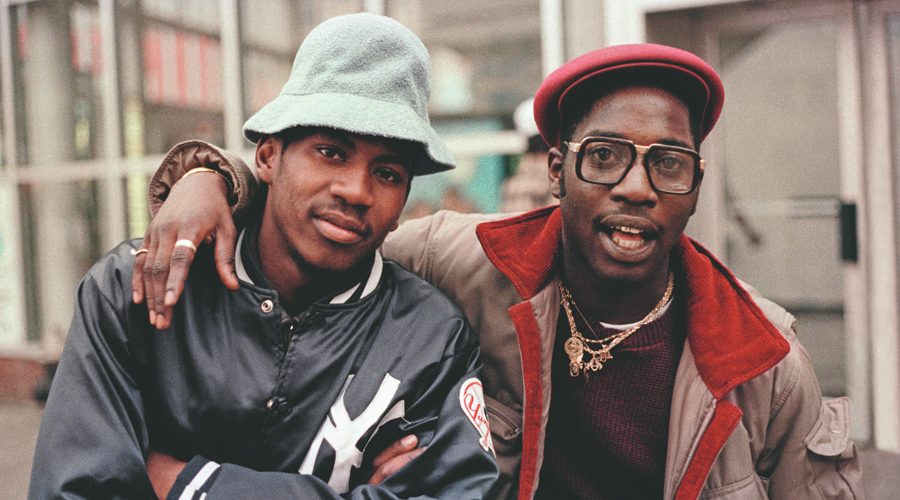

Explore Fall 2024 by Category


Phaidon Magazine















